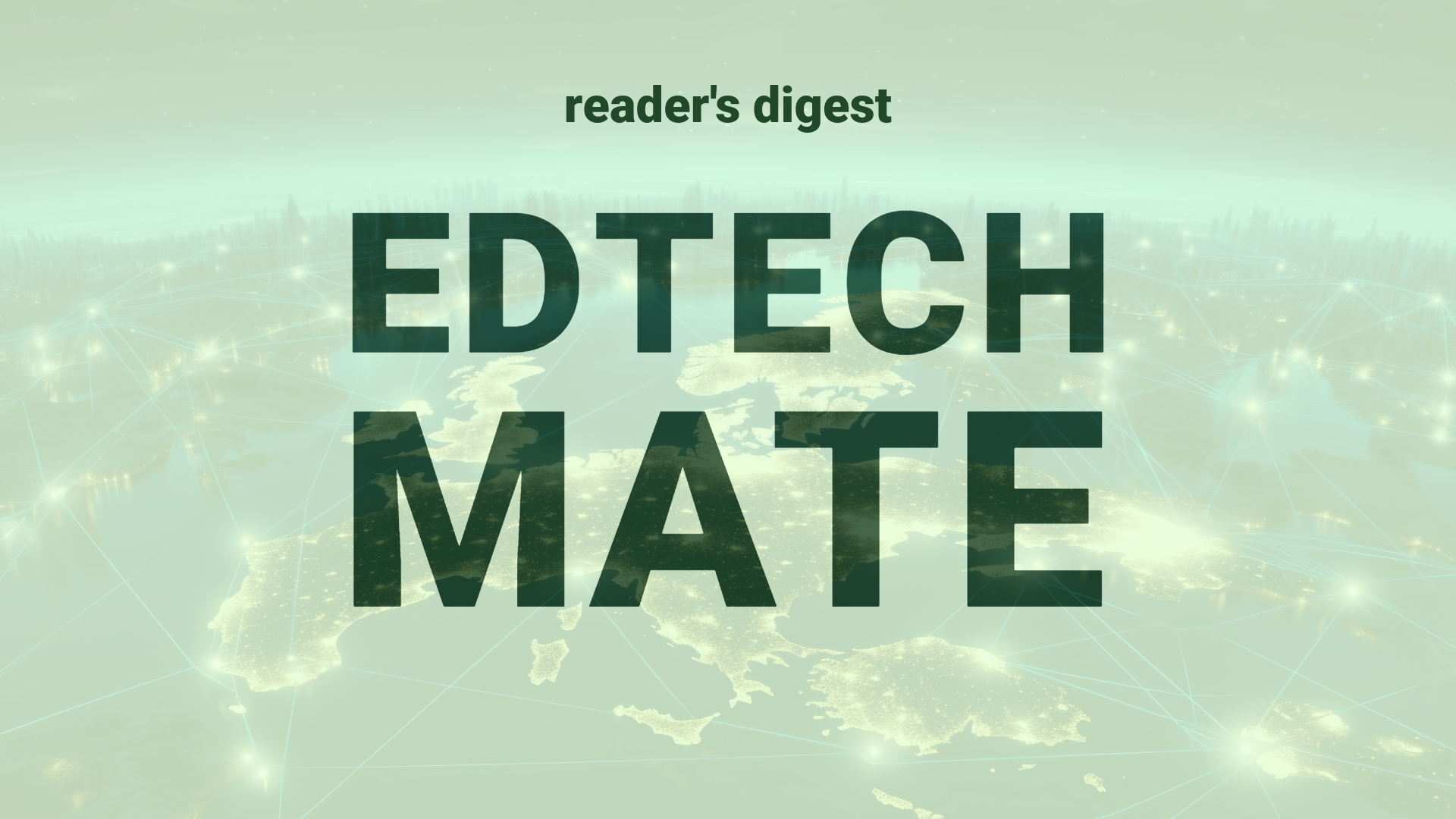Executive Summary and Main Points
The Marine Depot Maintenance Command (MDMC) launched an extensive digital transformation project to enhance equipment maintenance and repair operations. The initiative, which received a 2024 CIO 100 Award for IT leadership and innovation, employs modern technologies such as RFID, AR/VR, 5G networks, robotic process automation (RPA), and advanced warehouse management systems to streamline operations. Key advancements from the transformation so far include significant cost savings, reduced vehicle repair timelines, and improved maintenance quality. These developments mirror the strategic trends in global higher education towards embracing digital tools and resources for efficient and adaptable learning environments.
Potential Impact in the Education Sector
The MDMC’s digital overhaul reflects a broader trend that can directly influence Further Education and Higher Education institutions, as well as Micro-credentials providers. The strategic integration of digital tools like AR/VR, RPA, and data-driven decision-making platforms can enhance educational delivery and administration. Such technology enhances the learning experience with interactive tools, drives operational efficiencies, and supports cost-effective programs through innovative partnerships akin to the MDMC-KPMG collaboration. By deploying these technologies, educational institutions may achieve strategic growth and financial sustainability.
Potential Applicability in the Education Sector
Innovative applications using AI and digital tools are transforming global education systems. For example, RPA could streamline administrative tasks, improving registration and academic recordkeeping. AR/VR technologies could simulate complex concepts in virtual classrooms, enhancing comprehension and retention. RFID technology might be used for asset tracking and management within campuses, ensuring resource optimization. Adoption of these tools across educational sectors aligns with global trends towards interactive and efficient digital-first learning and operational landscapes.
Criticism and Potential Shortfalls
Despite the benefits, criticisms and shortfalls concerning ethical considerations, cultural implications, and real-world limitations are vital to address. There is a risk of widening the digital divide where less-resourced institutions might lag behind. Moreover, over-dependence on technology could compromise data privacy and security. International case studies highlight the variability of success, contingent on contextual factors such as existing infrastructure and stakeholder buy-in. Ethical responsibilities must be considered, particularly in handling personal data within education systems globally.
Actionable Recommendations
To implement or explore these technologies, international education leadership should consider strategic alignment with institutional goals, investment in staff training, and phased implementation based on thorough needs analysis. Forming partnerships with tech companies for tailored education solutions, similar to the MDMC-KPMG partnership, can foster innovation and scalability. Continuous evaluation and adjustment are crucial to align with educational outcomes and evolving technology landscapes. Finally, developing a comprehensive data governance policy is paramount to address the ethical considerations of digital transitions in education.
Source article: https://www.cio.com/article/2149701/marine-corps-enlists-rpa-5g-and-ar-vr-to-retool-fighting-force.html

